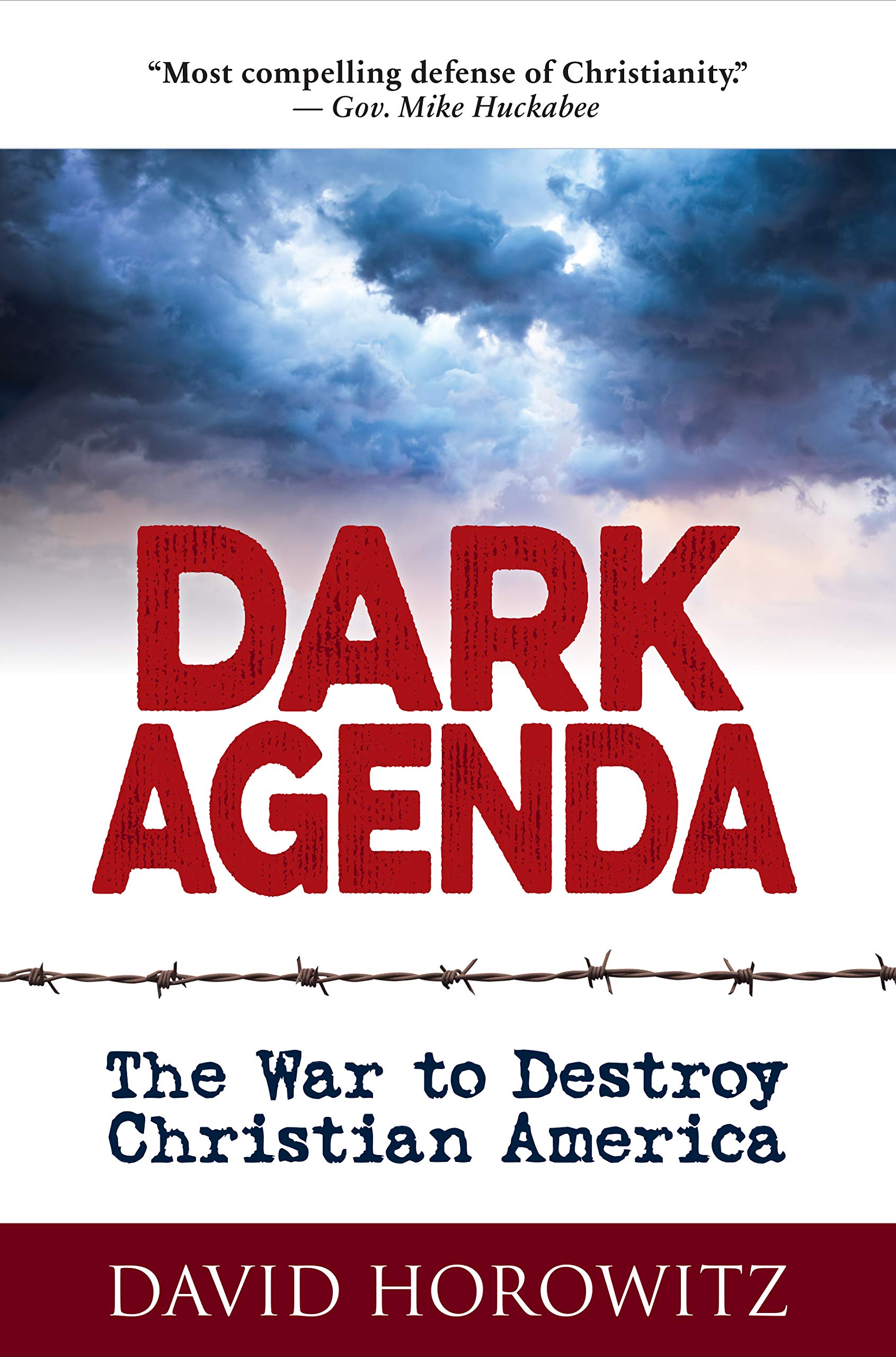A Brief Book Summary from Books At a Glance
By Benjamin Montoya
Editor’s Note
We hope you’ll enjoy this “Bonus” Book Summary. Books At a Glance promises to deliver at least one Book Summary per week – last year the total was sixty-something. Our focus in this agreement is of course titles related to biblical and theological studies. Once in a while – as per request or just by virtue of the book’s contemporary popularity or significance – we throw in a culturally- or politically-related title for summary as “bonus” summaries. This new book is significant in important ways, and we hope you will enjoy.
About the Author
David Horowitz is a noted conservative commentator and New York Times bestselling author. He is the founder and CEO of the David Horowitz Freedom Center in Los Angeles and the author of The Black Book of the American Left.
Introduction
There is a dark agenda lurking in our country that comes from the left. What is it? What does it look like? And how is it connected to Christianity? Consider reading this book that seeks to address the relationship of this dark agenda and its relationship to Christianity and our country. This book offers an important perspective because its author is an agnostic who is arguing for the problems of the left attacking Christian theology that affects their larger attack on the nation’s constitutional values that stem from that theology. All Americans should care about these issues for that very reason.
Contents
Chapter 1 Religion Must Die
Chapter 2 Roots of the War
Chapter 3 Radical Faith
Chapter 4 Christian America
Chapter 5 Prayer in the Schools
Chapter 6 The War Begins
Chapter 7 Moving the World
Chapter 8 Battle Lines
Chapter 9 A Radical Epidemic
Chapter 10 Obama’s Arc
Chapter 11 Religious Liberty
Chapter 12 Civil War
Chapter 1: Religion Must Die
As odd as it may sound, there are many today that think that religion must die. They do not mean that usually just one religion—say Christianity or Islam—but the entirety of religion. Why would someone think like that? Part of the reason is because they think the world operates in a different way than theistic religions claim.
The way that others think the world is decidedly and firmly atheistic. That is, they do not believe there is a God and that the way to explain the world is through the lens of an atheistic scientific based worldview. Many such people affiliate themselves with the political left. But it would be a mistake to say that all of the political left think this way. This group is more properly known as the New Atheists. They have made it their mission to be evangelists for this position. People like Richard Dawkins have sought to convince people of this position through their use of science. Others have tried to do it by their rhetoric in the news. The kinds of things they say end up trying to make people who hold to a given religion like they are simple-minded folk who know no better. Thus, they would argue that religion must die. They think religion is a fantasy from which people need to wake up.
In a country like the US that was clearly founded on religious principles, where did this kind of verbiage about religion start? Chapter 2 will consider the roots of this war further.
Chapter 2: Roots of the War
The roots of the war focused on religion go way back. But the New Atheists war perhaps goes back to Christopher Hitchens. He is not just an atheist. He is an anti-theist. He believes that religion is dangerous and should be eradicated. His perspective is not new; it goes back to some of the anti-religious material from Karl Marx. He wrote,
Religious distress is at the same time the expression of real distress and also the protest against real distress. Religion is the sigh of the oppressed creature, the heart of a heartless world, just as it is the spirit of spiritless conditions. It is the opium of the people.
To abolish religion as the illusory happiness of the people is to demand their real happiness.
For Marx and those who follow his line-of-thinking, religion is a real problem and, as such, should be removed. If someone was actually capable of removing it, what would be put in its place? Christopher offers an answer:
Authors as diverse as Matthew Arnold and George Orwell have given thought to the serious question: what is to be done about morals and ethics now that religion has so much decayed? Arnold went almost as far as to propose that the study of literature replace religion. I must say that I slightly dread the effect that this might have had on literary pursuit, but as a source of ethical reflection, and as a mirror in which to see our human dilemmas reflected, the literary tradition is infinitely superior to the childish parables and morality tales, let alone the sanguinary and sectarian admonitions of the “holy” books.
As odd as it may sound, what Christopher is saying is that people should look to literature instead of religion because. . .
[To continue reading this summary, please see below....]The remainder of this article is premium content. Become a member to continue reading.
Already have an account? Sign In
